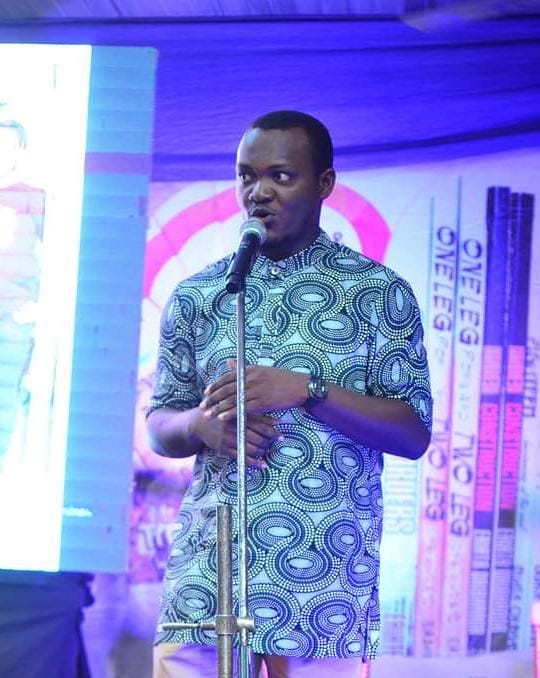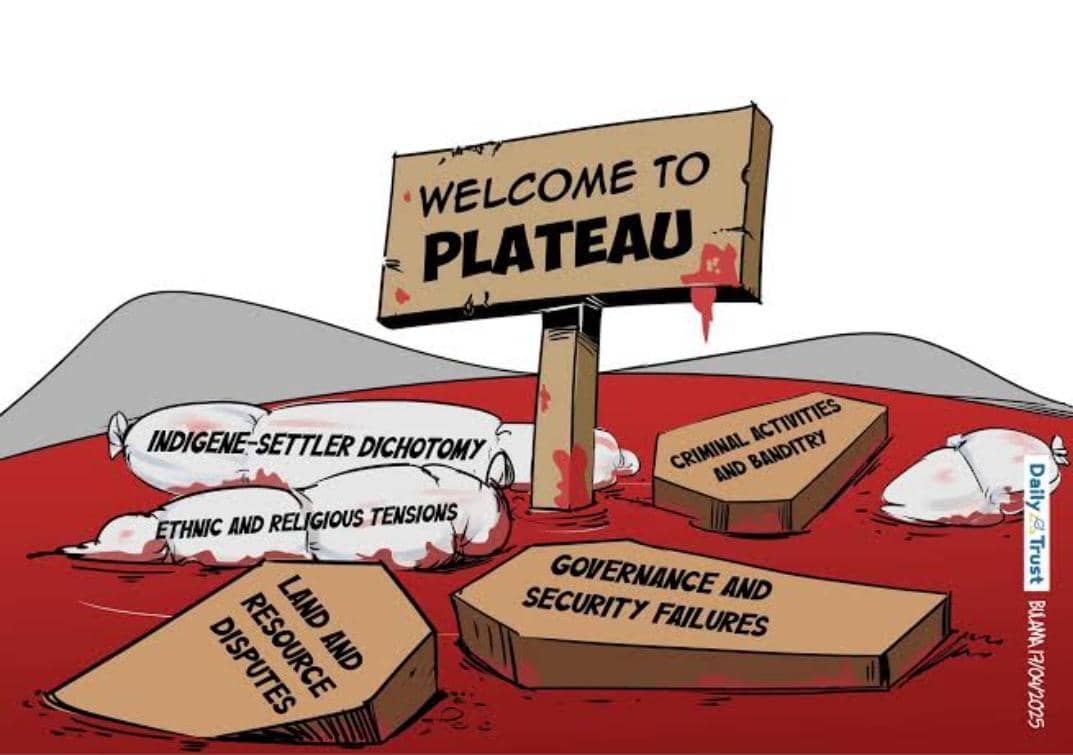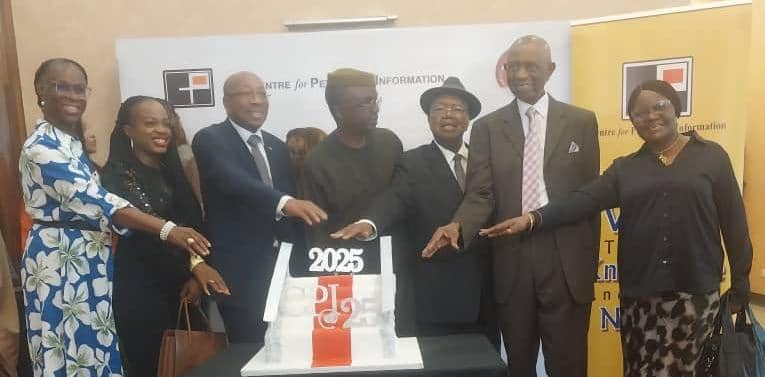Spoken word poetry: A call for equal recognition in Nigeria’s literary landscape

By Karo Enajemo
I recently revisited the official page of the Grammys to reread the announcement that accompanied the introduction of the Spoken Word Poetry Album category. While going through the piece, a small but powerful statement caught my attention, it was one that could easily be missed, yet holds the very catalyst for the category’s revival. It reads:
“And when the growing spoken word and poetry communities spoke out about equal representation in the industry, the Recording Academy listened — and responded.”
To me, this is an impressive and timely response. It is a true reflection of a thriving artistic community that recognizes and celebrates its various forms of expression. This observation is not to cast aspersions on Nigeria’s literary institutions and organizations, many of which are actively empowering and encouraging excellence within the literary community. Far from that. Rather, it is a call, and an urgent one, for the recognition that spoken word poetry, as a literary art form, deserves in Nigeria.
Over the years, the genres of prose, page poetry, and drama have been duly acknowledged by literary institutions in the country. From the Association of Nigerian Authors (ANA) prizes to The Nigeria Prize for Literature sponsored by NLNG, there exists an established structure that celebrates writers and their creative output. But one must ask that in these frameworks, where is the oral poet?
When ANA calls itself an association of authors, does that designation exclude the oral poet and their text? And when The Nigeria Prize for literature was instituted, was it designed solely for the written text, or was it intended to embrace the broader definition of literature, including oral traditions? Do we still need to revisit the long-settled debate about whether oral literature qualifies as literature at all?

Karo Enajemo
Spoken word poetry is a neo-oral literary art form. It is one that begins as text and then blossoms through performance. Simply put, it is poetry written to be performed. This alone should position it as a legitimate literary expression deserving of institutional recognition alongside prose, page poetry, and drama.
My recommendation here is not to open an endless list of categories, but to acknowledge the oral poet, whose art form has become the fastest-growing among Nigeria’s oral traditions (second only to music). Should oral storytellers, in time, establish a thriving industry, then categories should naturally emerge to honour their contributions as well.
Returning to the Grammys’ announcement, it is telling that even in a country like the United States, where spoken word poetry enjoys significant popularity, the Recording Academy still referred to it as a growing art form. The same is true in Nigeria. A few spoken word poets have already produced albums, while others are rising in that direction. Their efforts deserve recognition and encouragement, not only to promote excellence but also to preserve our cultural memory and expand the audience reach of oral poetry.
And as with all evolving forms, we may not know the full potential of such a category until there are actual calls for submissions. When The Nigeria Prize for Literature was first introduced in 2004, the inaugural year, they produced no winner due to the poor quality of entries. But that did not stop the awards from continuing. Instead, it challenged writers to improve their craft, seek better editors and publishers, and aspire toward higher standards. The same evolution can happen with spoken word poetry if given a category.
This is not a plea for monetary reward. Far from it. Financial benefits, though valuable, are not the soul of this advocacy. What is at stake is recognition, which calls for equal recognition and appreciation for an art form that has continued to define our generation’s literary voice. The critical attention that institutions have given to other genres has enriched their growth and sustainability. The same opportunity should be extended to spoken word poetry.
For many, this call may seem premature. For some, it is long overdue. And to others still, it may appear unnecessary for a genre they do not yet take seriously. But to me, it is the natural next step forward. It is one that acknowledges that art evolves, and that literature, whether written or spoken, continues to find new vessels of expression.
* Enajemo, is a page poet, spoken word poet, and essayist, investigates the interfaces of Nigerian oral traditions and contemporary spoken word poetry




